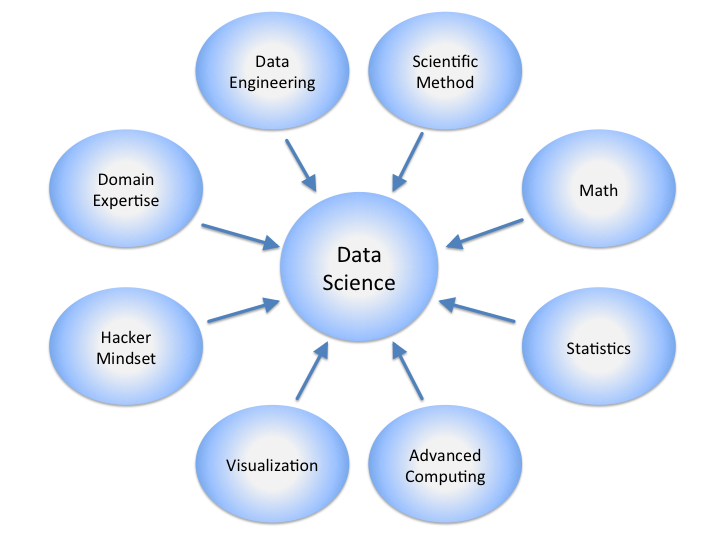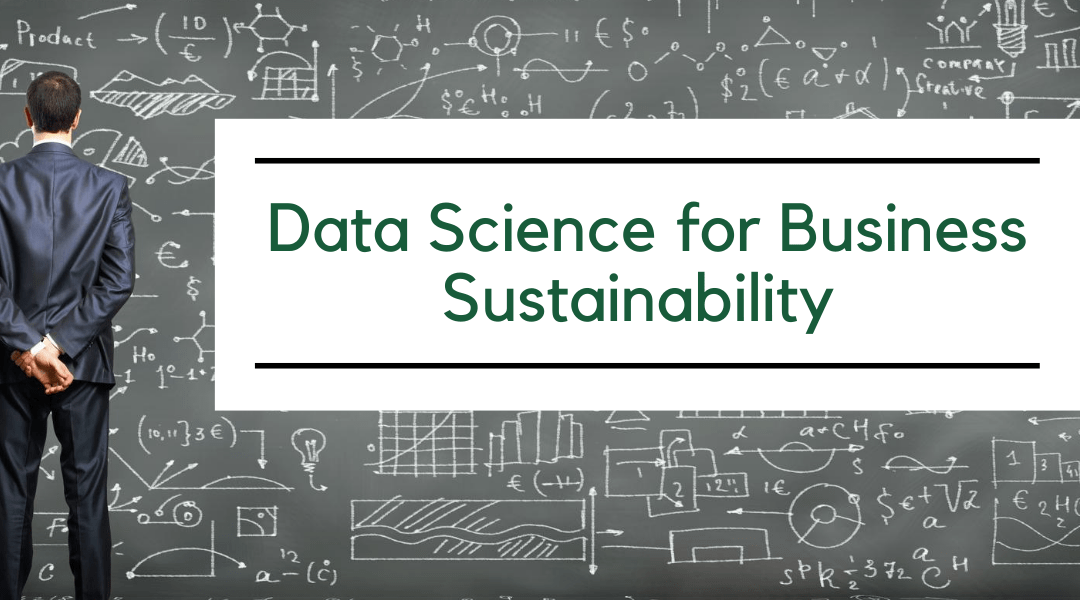The Truth About Data Scientists.
Data science is the latest buzzword in the business sector. Everyone, from business professionals to beginners, is talking about it. Data science is one of the most popular and promising career paths for skilled and up-to-date professionals.
So, what the heck is data science in business?
Image Credit: Flickr
Traditionally, data science is researching, collecting/acquiring, and analyzing a vast volume of data, including data mining and data programming skills. Data scientists are skilled professionals that organize and analyze a vast amount of data for businesses/organizations.
Since the dawn of the 21st century, data science has evolved far beyond its traditional threshold. Rapid changes in modern business management with regards to the birth of the internet motivates organizations to uncover more useful information, stay competitive, and ensure customer satisfaction. Organizations must learn how to improve functions and optimize processes through data science. The only way data-scientists can make this possible is by mastering every stage, making up the data science life-cycle.
Five Stages of the Data Science Life-Cycle
Data scientists seeking to deliver results in an insightful, understandable, and compelling way must be efficiently skilled in every stage.
Technically, there are five stages in the life cycle, and these are:
Stage #1. Capture
Under this stage, data scientists must be vast and efficient in data acquisition/collection, professional in data entry, skilled in signal reception, and data extraction.
Stage #2. Maintain
Skill sets required for this stage include data warehousing, good knowledge of data cleansing, effective data staging, excellent data processing skills, and data architecture.
Stage #3. Process
At this stage, the data scientist initiates data mining, and then proceed to cluster/classification. The last two-know-how skills required in this stage are data modeling and data summarization.
Stage #4. Analyze
This phase requires extreme exploratory/confirmatory data analytic skills, and expertise in predictive analysis, solid regression skills, text mining, and superb qualitative analysis.
Stage #5. Communicate
Communication is the last stage of the life cycle. The skill sets the data scientist is expected to have here are;
a. Data reporting (vital to organizations in meeting their overall goals and objectives),
b. Data visualization (a roadmap for businesses module implementation), and lastly,
c. Business intelligence and decision making for an overall business drive.
How Does Data Science Impact a Business?
Businesses use data science to improve product quality and day-to-day operations diagnostically.
Data scientists with high-level technical skills help businesses identify vital questions and collect

Image Credit: Wikimedia
data from multiple data sources. Next, they organize the information obtained, and translate the extracted results into actionable solutions, and communicate the same to management for positive business decisions.
These positive skills account for why data scientists have become prominent and sought after in all industries. Their ability to build and analyze algorithms with strong programming knowledge, quantitative skills in linear algebra and statistics, plus excellent communication skills makes them the knight in shining armor for any organization.
The vitality of data scientists in modern business practice cannot be overemphasized.
Data science and data scientists are a crucial aspect of every business setup in the 21st century. They do not just help businesses achieve their operational, strategic, and financial goals, but also help optimize acquisition, growth, and retention in customer success through the information it provides.
However, poorly utilized data science provokes huge financial loss in an organization.
Conclusion
Data scientists have the power to shape how organizations conduct business in line with customers’ changing needs and the rapid development of technology. There is a growing need for data scientists in the business sector. The job is ranked as the best profession in the United States for three consecutive years—2016-2018—and still growing. Also, the demand for experts in data science has increased by 28% in 2020, and from all indications, there is a sign of it slowing down soon.

